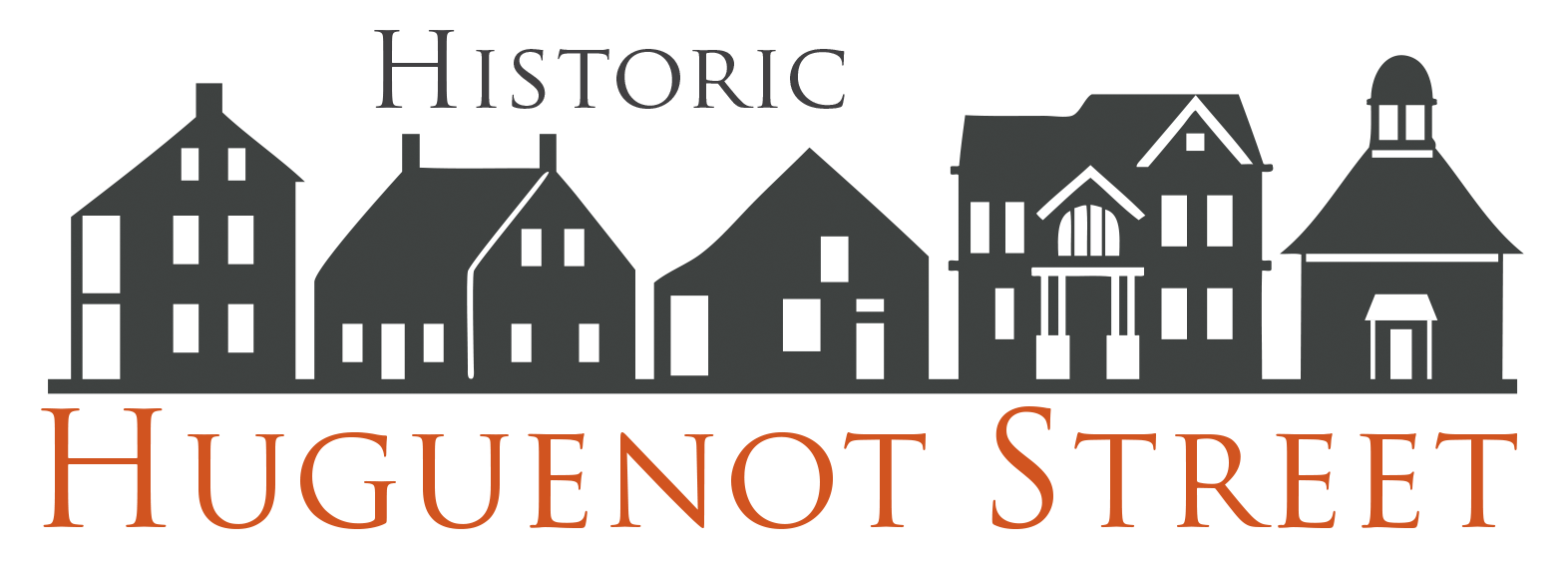outreach Programs
Learning & Leisure in the 18th Century
Program Length: Approximately 2.5 hours
Grade Level: 3 - 6
Choose from any of the four activities below to create your in-class program. Activity decisions are final once submitted to Historic Huguenot Street and cannot be changed on the day of your visit.
Archival Document Analysis: Students will examine documents from Historic Huguenot Street’s archives, such as the 1677 Land Agreement between the Huguenots, and the Esopus Munsee and runaway notices distributed by New Paltz and Ulster County enslavers, in order to learn more about the founding of the New Paltz settlement, local interactions with Indigenous peoples, and the insitution of slavery in the community through primary source analysis. In groups, students will answer guided questions associated with each document before participating in a full group discussion regarding the documents and what students have learned from them. Documents will be pre-selected unless otherwise requested.
Colonial Games: Though life in the colonial era was much more difficult than it is today, children still had downtime between schoolwork and chores to play games! Students will have the opportunity to compare and contrast the games they play today with those of the colonial period through discussion with the museum educator and hands-on play time with Historic Huguenot Street’s collection of reproduction colonial games.
Investigation Station: Through thoughtful questioning and the use of (almost!) all of their senses, students will investigate a collection of reproduction, colonial era household objects in order to determine their purpose and uses in the average 18th century home. This activity will culminate in a discussion about the objects’ uses, how they differ or compare to modern household tools, and how students were able to determine the purpose of each object. Use of sight, hearing, touch, and smell highly encouraged for this activity. Use of taste strictly prohibited.
Life Before New Paltz: Through the hands-on analysis of reproduction Indigenous cultural items, students will have the opportunity to learn all about the lives and culture of the Esopus Munsee people of the Lenape nation. The reproduction items will guide students through a discussion with the museum educator about the social and political structure of Esopus Munsee tribes, the responsibilities delegated to different members of the community, how their day to day activities shifted with the seasons, and the consequences of colonization and displacement on this group following European contact. Students will also have the opportunity to look at a replica Esopus Munsee wigwam, the dwelling traditionally lived in by this group.
Quill Writing: While pens and pencils may not seem like the pinnacle of modern technology, they’re quite the innovation compared to their predecessor: the quill pen! For this activity, students will ditch their modern writing utensils in order to learn how to write with a real quill pen and ink. Students will be allowed time to practice and acclimate to this new writing style following the demonstration before putting their new quill-skills to the test.
Virtual Stone House Tour: Through first person footage of the Abraham Hasbrouck House, students will have the opportunity to step inside this three hundred year old stone home and learn about its inhabitants in the mid-1700s, including the Hasbrouck family and four enslaved Africans. Students will have the opportunity to answer and pose questions during the tour, directly engaging with one another and the museum educator in order to learn about life in colonial New Paltz as it compares to their lives today.
*Adaptations and modifications are made for the needs of your class depending on age and ability.
New York State Common Core Learning Standards:
NYS CCLS for English Language Arts & Literacy:
Reading Standards for Informational Text
Key Ideas and Details Standards 1-3
Craft and Structure Standards 4 and 5
Integration of Knowledge and Ideas Standards 7 and 9
Speaking and Listening Standards
Comprehension and Collaboration Standards 1-3
Presentation of Knowledge and Ideas Standards 4 and 6
NYS CCLS Social Studies Practices:
Gathering, Interpreting, and Using Evidence Standards 1-6
Chronological Reasoning and Causation Standards 1, 4, 5, and 6
Comparison and Contextualization Standards 2-5
Geographic Reasoning Standards 1, 3, and 5
Economics and Economic Systems Standard 2
Civic Participation Standards 1 and 5

